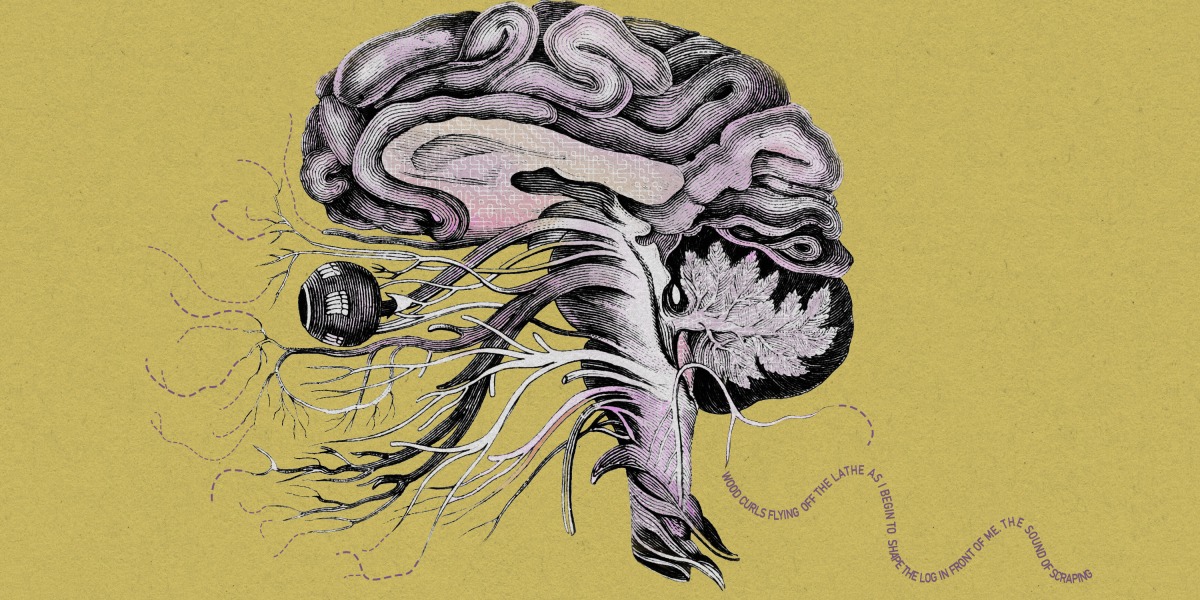The lance is too big to hide in the sack
As tape recordings of phone conversations between businessmen, intelligence officers and senior judges with the infamous Alaaddin Cakici, the mob leader, decorate the front pages of newspapers, an indirectly related court case opened last week in Ankara. The future proceedings of the case will be historically important: they will either show that Turkey is a state of law, or a state for the chosen elite.
Readers of this column may remember Omer Suha Aldan, the brave prosecutor whose meticulous investigations revealed a shady intimacy between "corporate Turkey" and "de jure Turkey." Aldan had a court warrant to tap "corporate Turkey," and was astonished to find that on the other side of the line was "de jure Turkey."
His 106-page indictment against both Turkeys eventually removed him from the case and cost him some ranking. His seniors refused to take legal action against his colleagues on grounds of a dangerous reasoning: yes, on the other side of the tapped line were senior judges; and, yes, the conversations and other evidence unveiled something indecent; but, no, the recordings cannot be used as evidence against the judges because there was not a separate court warrant to tap the honorables.
Last week, at the opening of the case, sitting at the defendants’ bench were a businessman and a lawyer who is the son of a very senior judge with the Court of Appeals. The judges the defendants were allegedly linked with were absent — exempt from prosecution. Aldan, too, was absent, because he had been removed from the case. One feels pity for the judges hearing the case; it’s a bombshell in their hands! Well, good luck your honor…
In fact, the case is already too absurd. The defendants are there on charges of bribing the judges, but the judges are not on trial. In other words, there are those chaps on trial for giving bribes, but there is no one on trial for taking bribes.
The structuring for the case may automatically guarantee an acquittal for the defendants. Obviously, in this case, there will be no one to be found guilty of taking bribes. If no one has taken bribes, logic tells, no one has given any (a note for the curious reader: that, too, happened in Turkey in the 1970s when an arms dealer was found guilty of bribing military officers while no officer faced any prosecution and, therefore, any conviction).
On the other hand, there has already been too much publicity on the case, and an acquittal may further hurt the public sentiment about the judiciary. One-hundred-and-six pages of solid evidence whose authenticity even the defense does not challenge, and a happy ending for everyone involved … Quite possible, but this time, perhaps, "the lance is too big to hide in the sack."
This is a unique case for several reasons. But most importantly, it has a symbolic value. It will either restore some of the distrust the Turks feel about their courtrooms, or will destroy the last crunches of trust. It will also have repercussions on Turkey’s EU bid.
If and when Turkey opens accession talks with the EU, the state of its judiciary will inevitably be brought to the desk, with disapproving glances from Brussels. "The judiciary will be one of the most serious issues we’ll have to sit down and talk with the Turks (during the negotiations)," said one EU ambassador in Ankara. "It’s too un-European to ignore."
There is truth in that. The system of the caste, the elite and the others, is not only too un-European, but, at least on paper, against the Constitution Turkey’s judges say they guard.


